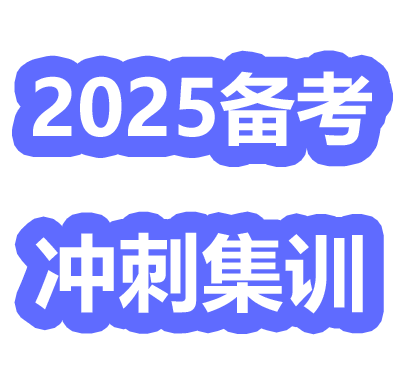
計劃說明
考研人數逐年增加,競爭之激烈使得我們不得不加急復習的日程。眾所周知,閱讀理解占據了考研英語二100分試卷的一半分值,而考研英語閱讀文章大多來自英美國家的主流報刊雜志,所以如果能在日常就多多閱讀這些文章,對以后讀懂文章做對題目來說會大有裨益。但是對大多數備考的同學來說,剛開始投入復習,就去讀考試文章難度的新聞報刊,也是不現實、并且不符合循序漸進的學習規律的,所以我們會在每次推送中,給大家給出兩篇短文,一篇是初階水平(大致在初高中水平);一篇是高階水平(四六級到考研水平);同學們可以根據自己當前的情況,選擇其中一篇進行學習。
學習步驟如下:
1.不看漢語譯文自己看一遍短文做理解
2.看漢語譯文比對自己理解的意思與之出入
3.強化記憶重點單詞(以記憶其漢語意思為主)
翻譯文段
On the other hand, Tronick himself is concerned that the worries about kids' use of screens are born out of an "oppressive ideology that demands that parents should always be interacting" with their children:"It's based on a somewhat fantasized, very white, very upper-middle-class ideology that says if you're failing to expose your child to 30,000 words you are neglecting them."Tronick believes that just because a child isn't learning from the screen doesn't mean there's no value to it,particularly if it gives parents time to have a shower, do housework or simply have a break from their child.Parents, he says, can get a lot out of using their devices to speak to a friend or get some work out of the way.This can make them feel happier, which lets then be more available to their child the rest of the time.
短文翻譯
另一方面,特羅尼克本身也擔憂,對于孩子使用電子設備的擔憂來自于“壓迫性的意識形態,其要求父母應該經常與孩子互動”:它所基于的意識形態有點兒理想化,極其符合白人和中上層階級的觀念,這一意識形態認為如果你未能讓孩子接觸到3萬個詞匯,你就是忽略了他們。特羅尼克之所以這么看,根本原因在于,孩子沒有從屏幕中上學到東西并不意味著它就毫無價值,尤其是當它能讓父母有時間沖個淋浴、做些家務或只是暫時離開孩子休息一下的時候。他說,父母使用自己的電子設備可以得到很多東西,這樣跟朋友聊天就有話可聊或者完成一些工作。這會讓父母更加開心,也更可能讓父母用剩下的時間陪伴孩子。
重點單詞
concerned
adj.擔心的,擔憂的
oppressive
adj.壓迫的
ideology
n.意識形態
expose...to...
使...接觸...
screen
n.屏幕
available
adj.可行的





